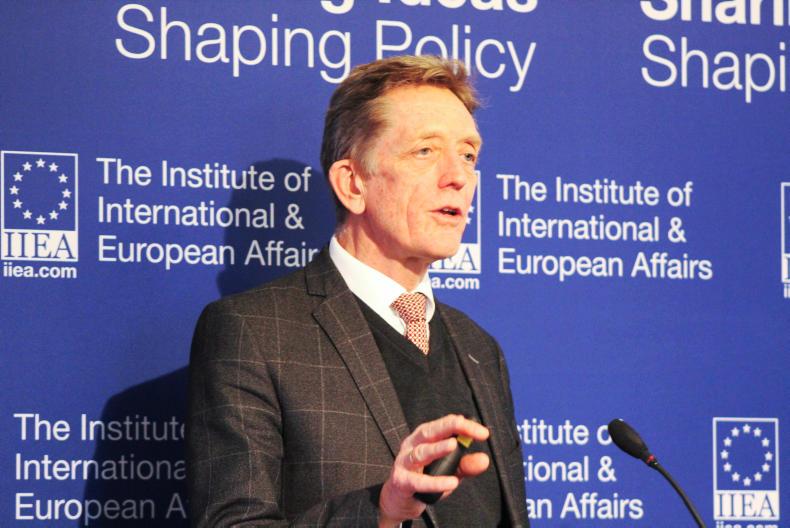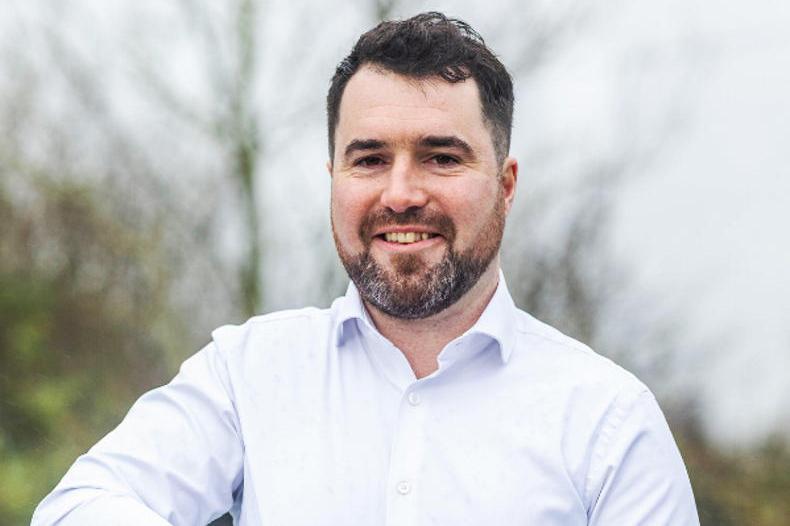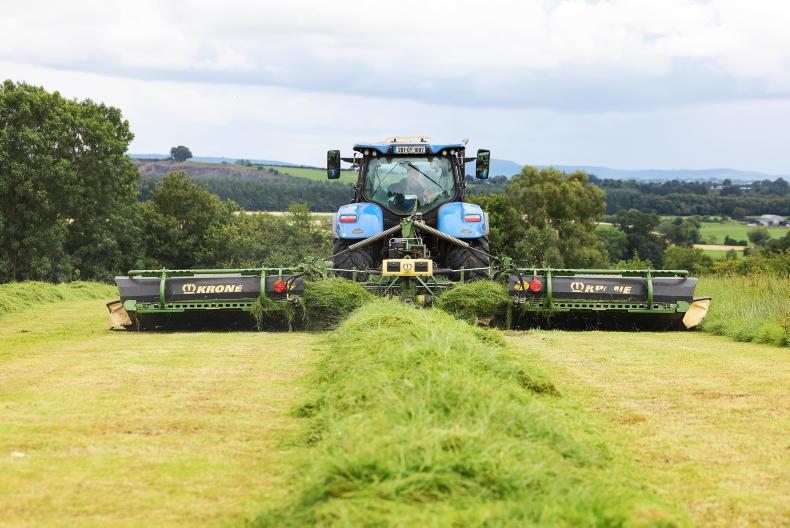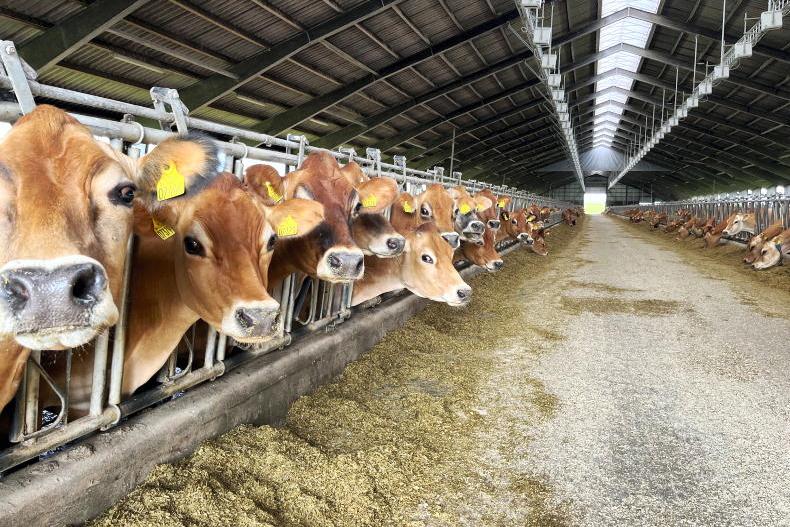One of Europe’s leading policymakers on climate change has said farmers have a critical role to play in helping the EU reach its stated target of being carbon-neutral by 2050 and that climate change could help farmers to grow their incomes.
Speaking in Dublin last week, Dr Artur Runge-Metzger, who is director of International and EU Climate Strategy at DG Climate in the European Commission, said farmers needed to be rewarded for removing carbon from the atmosphere and storing it in soils, hedgerows and trees on their farms.
“We need to value the carbon sinks that we have already, whether it’s in the soils or in the forests. But we also need to reward farmers if they lock away more carbon than they did in the past,” said Dr Runge-Metzger, who was speaking at the Institute of International and European Affairs (IIEA) in Dublin last week.
Dr Runge-Metzger added that Europe could not achieve net carbon neutrality by 2050 without the help of farmers.
He said there would always be airplanes and cows in Europe, which would continue to produce emissions, but added that only soils, grasslands, hedgerows and trees on farms could suck CO2 out of the atmosphere and help the EU reach its goal of net carbon neutrality. Dr Runge-Metzger also said that climate change would allow farmers to improve their incomes.
Business
“I always tell farmers that climate change is not going to put them out of business. On the contrary, climate change will mean more business for farmers.
“Not only will we have to feed many more people by 2050 but farmers will also have to produce many of the feedstocks or timber to produce renewable energy or for renewable material in the building industry.
“This means that EU agriculture will become more productive than it is today and the sector will grow because we will need more than just food,” said Dr Runge-Metzger.
Comment
Coming from one of the leading civil servants in the European Commission, these are very significant comments. Why? Dr Runge-Metzger is one of the most senior policymakers in DG Climate, the European Commission’s department for climate change which comes under the remit of Commissioner Frans Timmerman.
In December 2019, European Commission president Ursula von der Leyen announced the European Green Deal, which will be the new strategy of the EU over the coming decade and aims to make Europe the world’s first climate-neutral continent by 2050. Reducing carbon emissions will be the number-one focus of the Von der Leyen Commission.
President Von der Leyen has appointed Commissioner Timmerman to lead the work on the European Green Deal and deliver the policy measures needed to help Europe transition to a carbon neutral economy.
Dr Runge-Metzger’s comments in Dublin last week, for the first time, give us a clear insight into the thinking at the very highest levels of policymaking in Brussels right now. From the perspective of Irish farmers, his comments are encouraging on a number of fronts.
Firstly, the European Commission is clearly cognisant of the need to maintain food production across Europe and is not advocating the token culling of millions of cattle for the sake of reducing emissions in this part of the world.
Secondly, the European Commission is saying it wants farmers to increase production of timber, biomass and energy crops to accelerate the drive to a low carbon economy in Europe.
The EU wants to dramatically increase the scale of its renewable energy sector in place of coal and natural gas, which would create major new markets for energy crops and waste streams from farms.
In Ireland, there have been repeated calls to establish a biomethane industry where anaerobic digester (AD) plants on farms would produce biogas using grass silage and slurry as a feedstock.
Finally, and perhaps most importantly, Dr Runge-Metzger was very clear that many farms across Europe already lock away huge amounts of carbon and these farmers need to be financially incentivised to start capturing more carbon via their soils, grasslands, hedgerows, trees and forestry. Could we see a new results-based payments system where farmers are rewarded for sequestering carbon into soils, hedgerows and trees? This would certainly be a welcome development given the sequestration potential of farms in Ireland.
Negativity
Over the last 12 months, in particular, Irish farmers have endured a lot of negativity around climate change and reducing emissions. In this context, it is extremely encouraging to finally hear these positive indications from Europe that farmers have a really important role to play in tackling climate change and should be rewarded for any carbon they can capture from the atmosphere.
It’s been very frustrating at times but common sense finally appears to be rising to the surface at the highest levels in Brussels.
Policymakers in Europe now appear to understand that maintaining food production is essential to feeding a planet that’s heading for 10bn people in the next three decades.
At the same time, agriculture is also now being recognised for its unique ability to capture carbon from the atmosphere and store it away in soils, grasslands, hedgerows, trees and forestry – something farmers have long argued.
There’s a long way to go yet, but farmers can engage the Von der Leyen Commission with a lot more confidence now that common sense is finally emerging in Brussels when it comes to climate policy.









SHARING OPTIONS